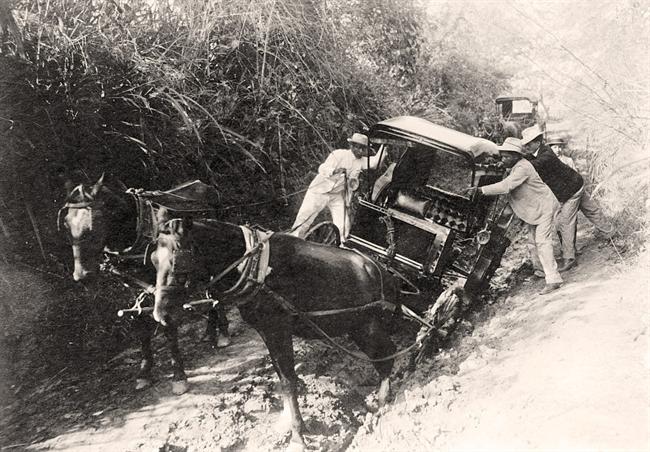I truly understand that we are all juggling so many things, but amidst our busy schedules, it is crucial not to overlook the most significant relationships in our lives. What I truly appreciate about this coming Valentine's Day is the intentionality it encourages.
Valentine's Day is not just about romance; in my life, it is a chance for me to honor the women who hold special places in my life. Each relationship is unique and precious, and on this day, I make it a point to show them how much they mean to me. Whether it's a small gesture or a heartfelt expression, I ensure they feel cherished and valued.
Being Intentional
Reflecting on recent years, I have come to appreciate the true value of all of my relationships. I'll admit, there were times when I prioritized money or business over connections, but I've since realized the importance of being intentional. While work is essential to me, it's not my sole focus anymore. Now, my priority lies in nurturing meaningful relationships.
This Valentine's Day, I'm committed to fostering strong emotional connections. Being intentional means aligning my actions with what truly matters to me and ensuring my relationships thrive.
Emotional Communication
While gifts like flowers or chocolates are thoughtful, they sometimes fall short of expressing our genuine feelings. Instead of solely relying on material tokens, why not delve deeper into emotional connection?
Consider going the extra mile by creating something meaningful for those important to you in your life. Whether it's crafting a poem or taking on a task for them, your effort speaks volumes. Emotional connection thrives on thoughtfulness and attentiveness.
Creating shared experiences is key. From planning a Valentine's Day dinner together to setting the table and preparing the meal as a team, these moments can foster deep emotional connections. It's not always about serious conversations; sometimes, it's the mundane details that strengthen our bonds.
This Valentine's Day, let's prioritize meaningful connections over grand gestures to everyone important in our lives. Whether it's through small talk or shared experiences, the essence lies in being present and attentive. Happy Valentine's Day on Wednesday!





